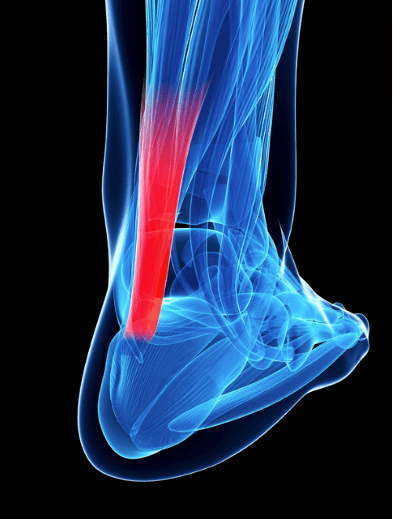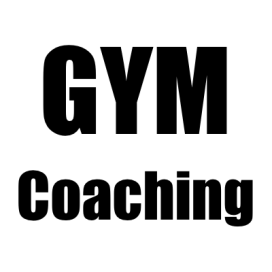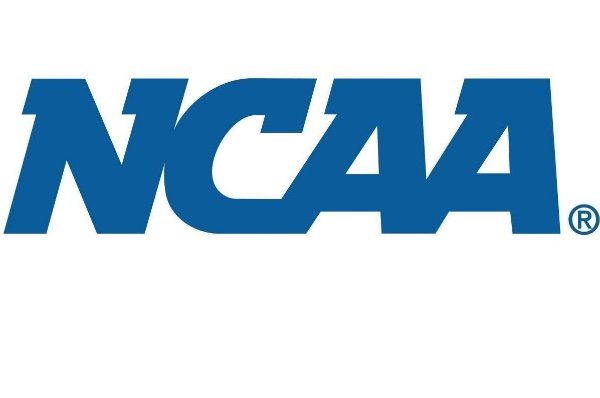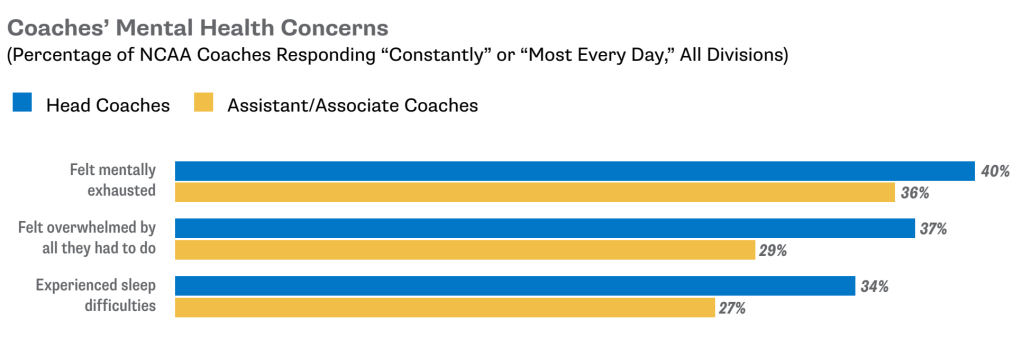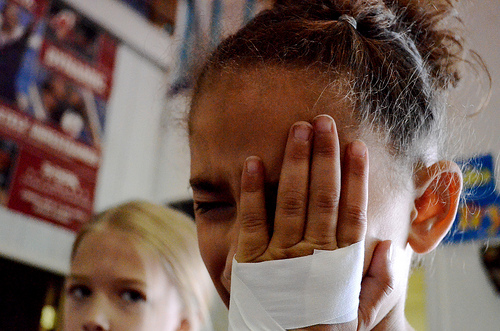Sever’s disease is inflammation of the growth plate of the heel. Very common in growing children.
Dave Tilley posted the most comprehensive information for gymnasts I’ve seen. Here’s a summary:
- Addressing problems early and head on, with great communication
- Properly resting from impact and allowing bone healing to relieve pain
- Progressing local ankle and global leg strength
- Progressing general plyometrics first before gymnastics-specific impacts
- Progressing from soft to medium, to hard surfaces gradually over two to four weeks when returning
Click through to see the entire post:
HELPING GYMNASTS WITH SEVERS
